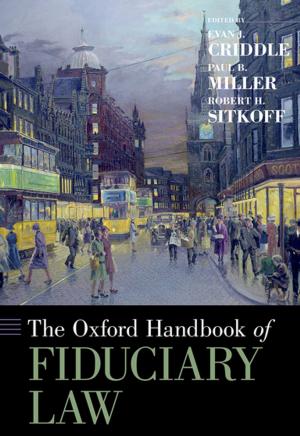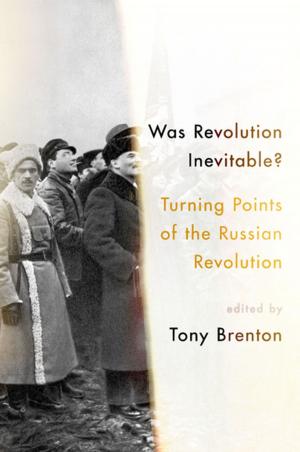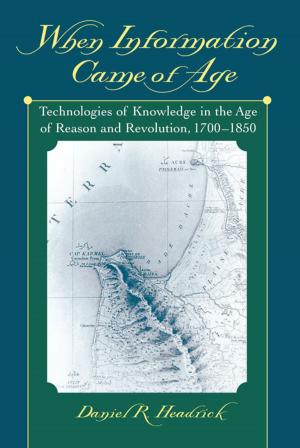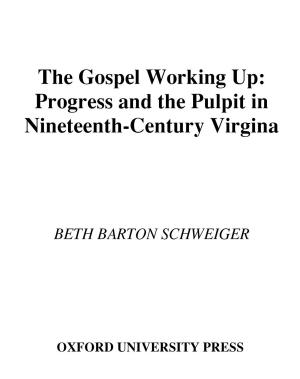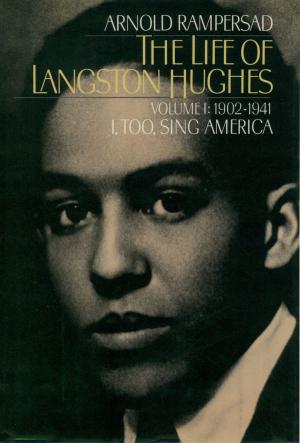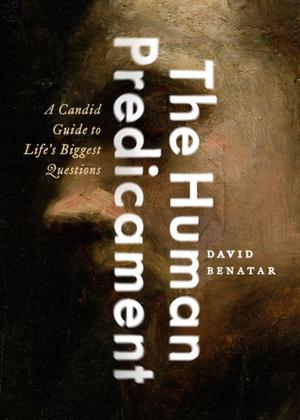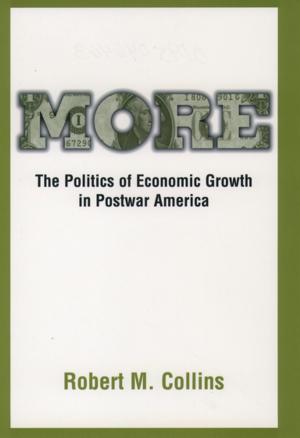| Author: | ISBN: | 9780190925086 | |
| Publisher: | Oxford University Press | Publication: | December 7, 2018 |
| Imprint: | Oxford University Press | Language: | English |
| Author: | |
| ISBN: | 9780190925086 |
| Publisher: | Oxford University Press |
| Publication: | December 7, 2018 |
| Imprint: | Oxford University Press |
| Language: | English |
No American author of the early 19th century enjoys a larger international audience than Edgar Allan Poe. Widely translated, read, and studied, he occupies an iconic place in global culture. Such acclaim would have gratified Poe, who deliberately wrote for "the world at large" and mocked the provincialism of strictly nationalistic themes. Partly for this reason, early literary historians cast Poe as an outsider, regarding his dark fantasies as extraneous to American life and experience. Only in the 20th century did Poe finally gain a prominent place in the national canon. Changing critical approaches have deepened our understanding of Poe's complexity and revealed an author who defies easy classification. New models of interpretation have excited fresh debates about his essential genius, his subversive imagination, his cultural insight, and his ultimate impact, urging an expansive reconsideration of his literary achievement. Edited by leading experts J. Gerald Kennedy and Scott Peeples, this volume presents a sweeping reexamination of Poe's work. Forty-five distinguished scholars address Poe's troubled life and checkered career as a "magazinist," his poetry and prose, and his reviews, essays, opinions, and marginalia. The chapters provide fresh insights into Poe's lasting impact on subsequent literature, music, art, comics, and film and illuminate his radical conception of the universe, science, and the human mind. Wide-ranging and thought-provoking, this Handbook reveals a thoroughly modern Poe, whose timeless fables of peril and loss will continue to attract new generations of readers and scholars.
No American author of the early 19th century enjoys a larger international audience than Edgar Allan Poe. Widely translated, read, and studied, he occupies an iconic place in global culture. Such acclaim would have gratified Poe, who deliberately wrote for "the world at large" and mocked the provincialism of strictly nationalistic themes. Partly for this reason, early literary historians cast Poe as an outsider, regarding his dark fantasies as extraneous to American life and experience. Only in the 20th century did Poe finally gain a prominent place in the national canon. Changing critical approaches have deepened our understanding of Poe's complexity and revealed an author who defies easy classification. New models of interpretation have excited fresh debates about his essential genius, his subversive imagination, his cultural insight, and his ultimate impact, urging an expansive reconsideration of his literary achievement. Edited by leading experts J. Gerald Kennedy and Scott Peeples, this volume presents a sweeping reexamination of Poe's work. Forty-five distinguished scholars address Poe's troubled life and checkered career as a "magazinist," his poetry and prose, and his reviews, essays, opinions, and marginalia. The chapters provide fresh insights into Poe's lasting impact on subsequent literature, music, art, comics, and film and illuminate his radical conception of the universe, science, and the human mind. Wide-ranging and thought-provoking, this Handbook reveals a thoroughly modern Poe, whose timeless fables of peril and loss will continue to attract new generations of readers and scholars.



